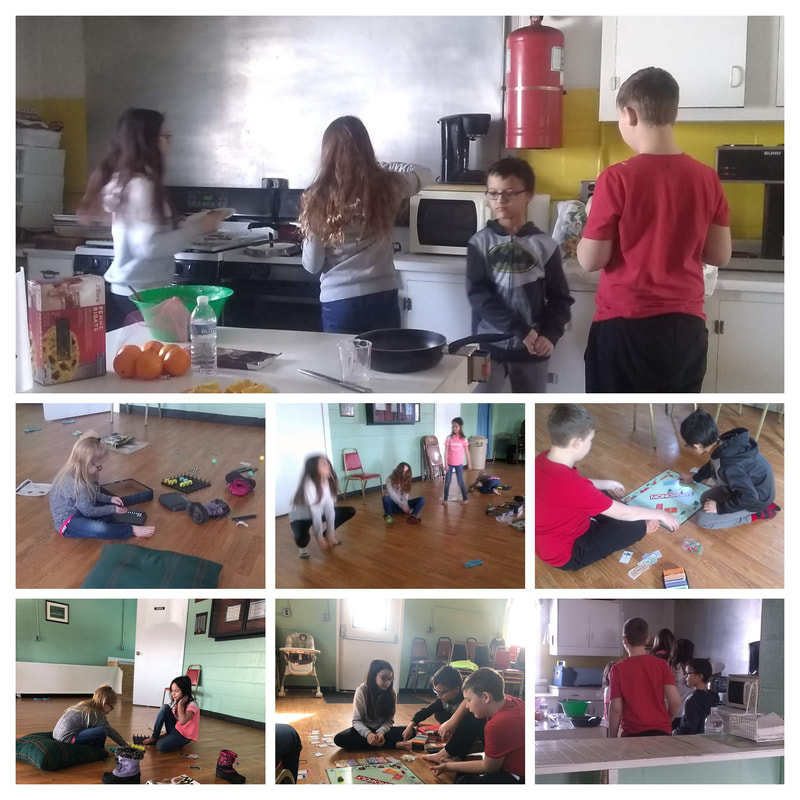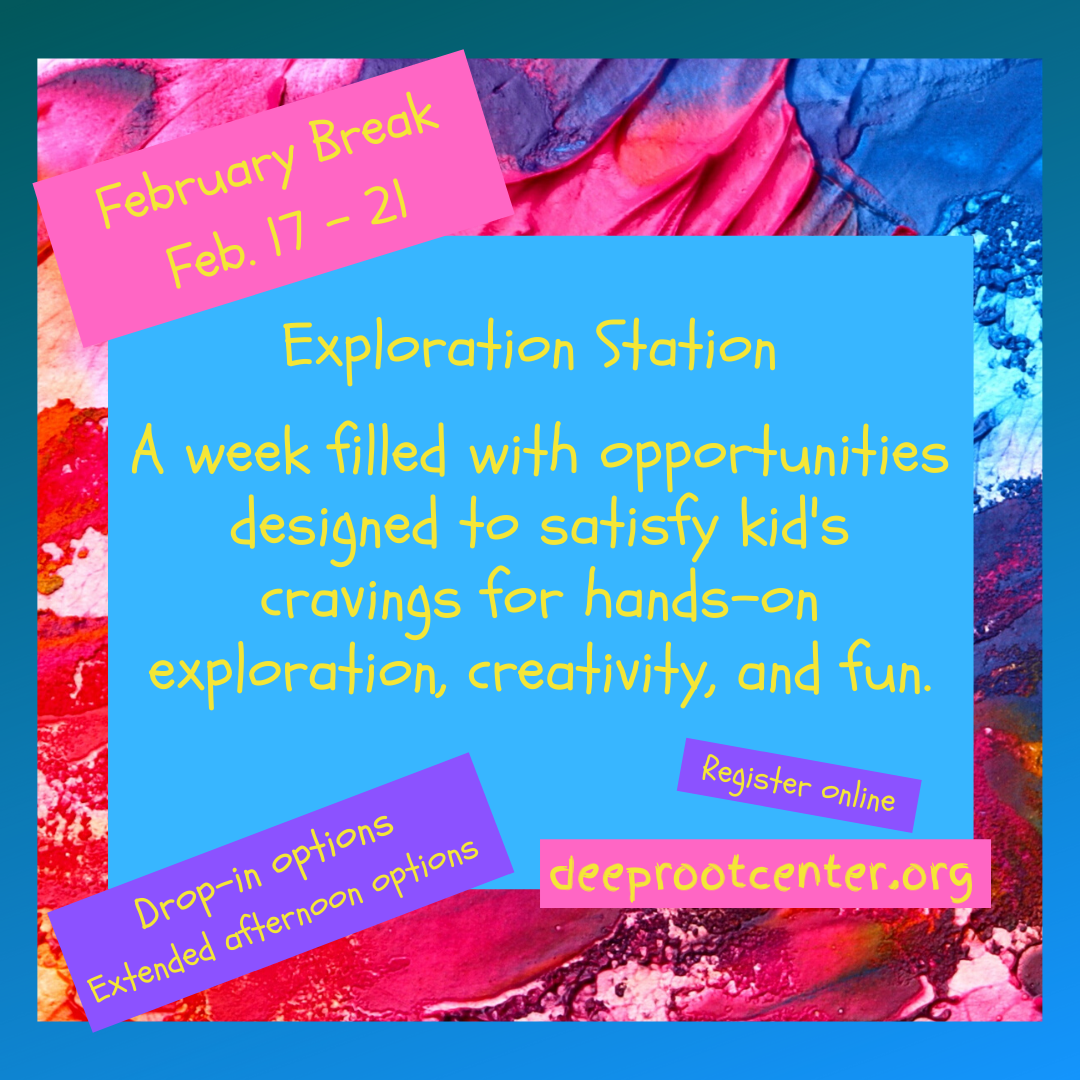|
You and I, each, have opinions formed from our experiences and personal understanding, or perceptions of the world around us. Those convictions, however, give neither of us permission, nor an obligation to place judgment on each other, or anyone else for their life choices and beliefs and ideologies. This may seem like a pretty straightforward concept; nevertheless, our culture is over-run with criticism, and overwrought, moral outrage in response to other people who are simply living their everyday lives. We seem to think that it is okay to judge, and yes, shame, someone for the clothes they wear, the way they style their hair, their body type or size, the color of their skin, the type of foods they eat (or don’t eat), how they spend their money (whether they are poor or not), how they earn their money, the house they live in, the type of pets they own, the number of children they have, including their reproductive choices, their gender identity and sexual preferences, the God, or Gods they worship, along with their spiritual beliefs, all the way to their method and approach to learning, as well as the choices they make to educate themselves and their family. This serves as a reminder; as long as no part of someone’s physicality, lifestyle, or personal life choices are actively or potentially going to harm another, we have absolutely no responsibility, duty, or reason to place judgement on that person’s life. It is quite simply none of our business. The end! Despite the seeming finality of that last exclamation, the above was just the beginning of my thought processes around judgment. All those assessments that we hand out, heedlessly, are based purely on our personal biases. Our thoughtless evaluations are the foundation for the indiscriminate assignations we place on people. What we can’t seem to grasp is that those insidious labels do irreparable harm. Once a label is designated within your mind - not only will you begin to treat that person by their assigned tag – but others will too. Fairly quickly, everyone will recognize that person by their label, including the individual themselves. You know on a profound level that this happens all the time – you hear about the bad kid, the violent kid, the troubled teen, or the LD kid. “He is 5 and can’t read!” “He can’t focus or sit still in the classroom!” “They can’t seem to follow the instructions.” “She is provocative - she wears leggings and camisoles.” Or, “They must be troubled - they refuse to go to school – are gender non-conforming - have tattoos, piercings, and weird hair - listen to rap and Hip-Hop - play computer games – are on their phones all day - and … you do know who their older brother is – right ...” The labels follow them wherever they go. It is especially hard to outrun your designated status, here in the NoCo, with our minuscule population, where everyone either knows (is related to), or has heard of you and your family. Eventually, the child (teen) adopts the persona that has been, so handily, imposed upon them. In their minds, they really are the “bad,” “dumb,” or “worthless” kid, which in addition to becoming anxious, depressed, and completely overwhelmed, gives them the excuse to behave accordingly. And, then, we scratch our heads and try to “solve” the “problem,” that we in essence have created for them, by reinforcing their personally held convictions, with coercive and controlling methodologies and programs. We are all guilty of this! Which is the main reason I tell families that I don’t want to see school records. I don’t want to hear about the labels that have been assigned to their child. In my estimation, they are nothing more than a rap sheet that, I know, will unconsciously affect my perceptions and the way I work with that child. Through my daily interactions and conversations, and weekly mentoring sessions, I spend an enormous amount of time trying to erase the closely held, damaging beliefs kids have about themselves, and replace those with positive affirmations. “You are awesome.” “The way your brain works is genius.” “You have great ideas.” “Your artwork is brilliant.” “I am so proud of the way you handled that situation.” “I really like how you stuck with it, and worked that out for yourself.” “I couldn’t figure that out, but you did.” “I am glad that you were willing to help X with that project.” “That hack was amazing. I am glad you showed me.” “You can do anything that you put your mind too.” “You were incredibly kind, and thoughtful just now.” Or, simply, “thank you for being you - I appreciate you.” My greatest hope is that my encouraging messages and observations will take hold, before they harm themselves, someone else, or do something illegal, because of those internalized convictions, and face extreme consequences within our society. My dominant fear is that my efforts will be too late. DRC News
Don’t miss out! DRC is extending our Exploration Station afternoon programming to the February School Break – 2/17-21. Drop-in options are available, as well as extended afternoon programming. Check it out here, and register today!
0 Comments
Your comment will be posted after it is approved.
Leave a Reply. |
|
© 2024 Whole Learners, Inc. 501(c)3
Deep Root Center
48 Riverside Drive, Canton, NY 13617
315*323*1435/[email protected]
Deep Root Center
48 Riverside Drive, Canton, NY 13617
315*323*1435/[email protected]




